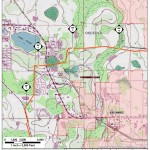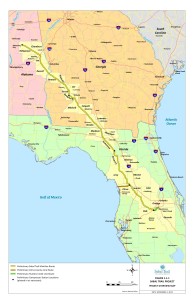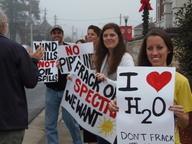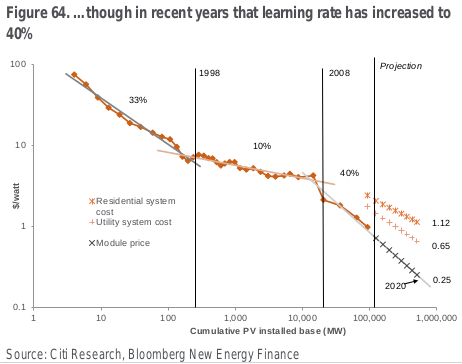The people can win over fossil fuel corporate greed.
Jeremy Nichols wrote for WildEarth Guardians 31 January 2014, Cultural Gem of Southwest Spared,
Dear Guardian,
For Chaco Canyon, this is a win to remember.
In early 2013, the Bureau of Land Management, buckling to the demands of the oil and gas industry, proposed to lease more than 16,000 acres for drilling and fracking right at the doorstep of Chaco Culture National Historical Park in northwestern New Mexico.
We pushed back however, and together with our allies mounted an all-out defense of this cultural treasure.
The efforts culminated last September when Guardians, joined by archaeological groups, the Chaco Alliance, and the San Juan Citizens Alliance, petitioned the Bureau of Land Management to protect 1.1 million acres as the “Greater Chaco Landscape Area of Critical Environmental Concern.”
Today, it’s official: we won.
In response to our efforts, the Bureau of Land Management officially decided to take “No Action.”
In other words, no oil and gas leases will be sold around Chaco Canyon, giving this landscape new hope for more lasting protection.
This victory is a testament to our dogged persistence and commitment not only to safeguarding the climate from fossil fuels, but also safeguarding the West’s irreplaceable natural values.
To be sure, we still have work to do. The Greater Chaco Landscape is still in need of full protection and the rush to frack in the American West remains the most significant threat to the land, wildlife, our water and our clean air.
Guardians is keeping Chaco safe from fracking, but our aim is a frack-free West. One victory at a time, we’re doing it.
Jeremy Nichols
Climate and Energy Program Director
WildEarth Guardians
jnichols@wildearthguardians.org












